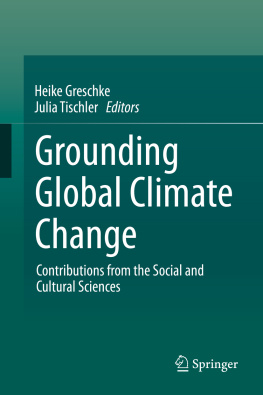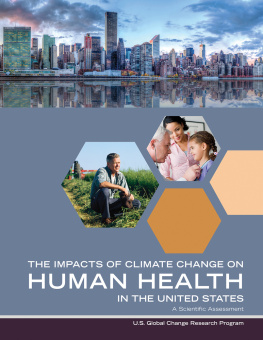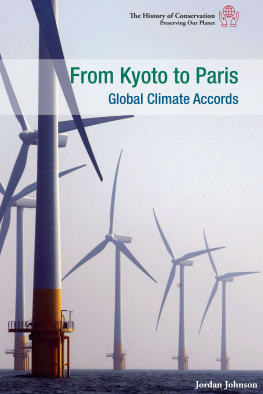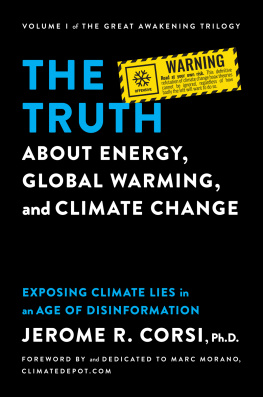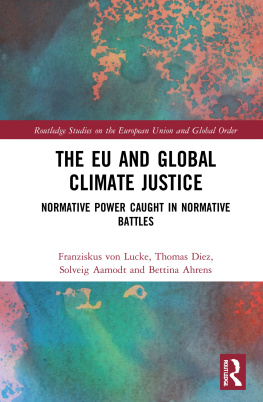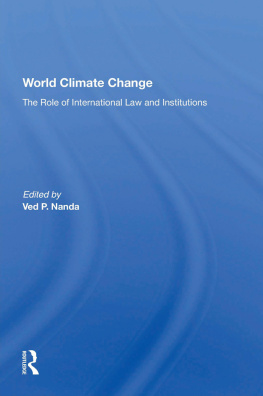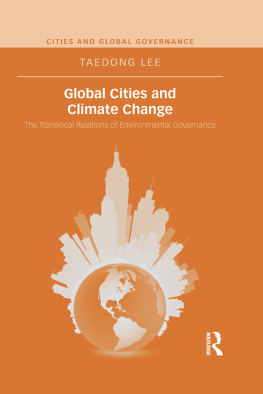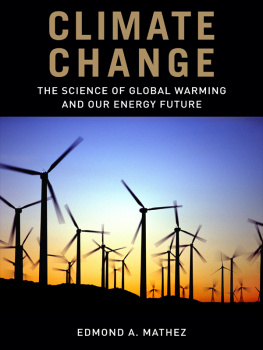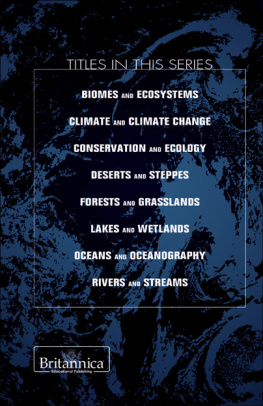1.1 Social Climate Change Research: Past and Current Developments
We are facing a period when society must make decisions on a planetary scale. (Mead : xxiii et sqq.)
Margaret Mead may well have been the first anthropologist who convened a conference on anthropogenic global climate change (Rayner ). This was a strong call for the involved scientists or science in general to leave the ivory tower, assume responsibility for the future of the planet and its inhabitants and produce a type of scientific knowledge that could be translated into political decision-making. However, the discussions during the conference were rather caught up in self-reflexion and controversy, dominated by questions of how to deal with uncertainty and frame the role of science in such a political debate.
Since the 1975 conference, our knowledge about the drivers and consequences of global climate change has grown enormously, as has the topics presence in all kinds of discourses around the world (with important limitations, as we shall see). This in turn has increased pressure on scientistsunder which we subsume scholars from both natural and social and cultural sciencesto make unambiguous statements about how to prevent or adapt to global warming. Meads hopes for a strong scientific-political alliance as a motor for globally shared interpretations seem to have eventually materialised through what has been a singular collaboration between academia and politics, as embodied in the Intergovernmental Panel on Climate Change ( IPCC ). With both research and attempts at political regulation intensifying, dissent about the physical facts of climate change has diminished over the last decades. The latest IPCC assessment report states that
warming of the climate system is unequivocal, and since the 1950s, many of the observed changes are unprecedented over decades to millennia. The atmosphere and ocean have warmed, the amounts of snow and ice have diminished, sea level has risen, and the concentrations of greenhouse gases have increased. (see p. 3 in IPCC )
In addition to making definite statements about the existence of climate change and its core physical manifestations, the IPCC is equally clear about the underlying anthropogenic causes: Human influence on the climate system is clear. This is evident from the increasing greenhouse gas concentrations in the atmosphere, positive radiative forcing, observed warming, and understanding of the climate system (see p. 10 in IPCC ).
Nevertheless, the problem of uncertainty remains, putting a spanner in the works of the scientific-political alliance, although it has shifted to the human factor, as we can reason from the increasingly unsuccessful negotiations towards a global climate agreement. Now the question of how human culture and society have to be transformed to prevent negative changes in the global climate system or at least handle their consequences has moved into the spotlight. With the human factor becoming the most uncertain variable in climate models, the humanities have pushed into climate research. Indeed, there has been an impressive upsurge in studies from the part of social and cultural sciences in recent years. Such research has been motivated by the criticism of social and natural scientists stating that the social implications of climate change cannot easily be derived from computerised climate models. Climate change, as has been pointed out, is simply both: a phenomenon out there which can be measured and reconstructed as well as a social construct (see p. 75 in Reusswig ). These studies can be roughly classified into three strands of research, according to the role they assign to the social and cultural sciences vis--vis climate change, both within and beyond academia, as well as how they deal with the problem of uncertainty.
Socio - critical approaches directly connect climate change to a call for cultural or even system change. This is often associated with criticism regarding capitalist production and consumption patterns (Baer ).
Many empirical case studies have investigated the resources and requirements of particular socio-cultural groups in terms of mitigating climate change or adapting to its local consequences. Studies in the mitigation and adaption research strand often take the physical reality of climate change as a starting point and seek to inform policy (Adger et al. ).
Finally, a considerable number of investigations are dedicated to exploring the relationships between nature and human societies in the face of global change while starting off from a local perspective. Rather than taking climate change as a given social reality, these studies take into account the fact that people from different cultures conceptualise human-environmental relations in different ways. Thus, highlighting the role of local knowledge(s), they take climate as a site for anthropological investigation of the relationship between ideas of nature and moral and political life (see p. 279 in Rayner , p. 124) argues, a global average that hides the presence of too much water in one locality and too little in another [] is meaningless.
1.2 Grounding Global Climate Change: Epistemological and Methodological Challenges
Social climate research deals with a research subject that is interdisciplinary in itself, given that climate change cuts across the established disciplinary divide between the study of nature and the study of culture. It thus comprises interdisciplinary projects, in various regards and to various degrees, some contributing social scientific findings to an originally natural science terrain, while others also integrate data and even methods from the natural sciences in their analyses. The above-mentioned studies seek to complement the hard physical facts of climate change by providing alternative concepts of society from which future scenarios might profit, or by contributing empirical data concerning the socio-cultural implications, different perceptions, interpretations and coping strategies in connection with environmental changes. Other strandsprominently in the field of social-ecological systems researchrather aim at a holistic approach and a full-scale integration of social and natural sciences, combining methodologies as diverse as remote sensing, soil sampling, interviews or participant observation (cf. for instance, Moran , in this volume).

